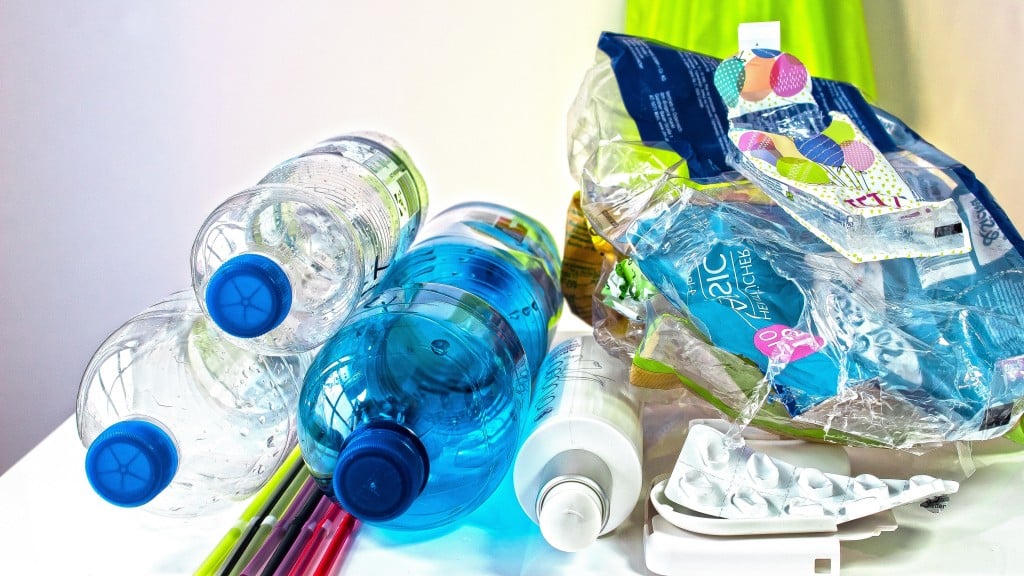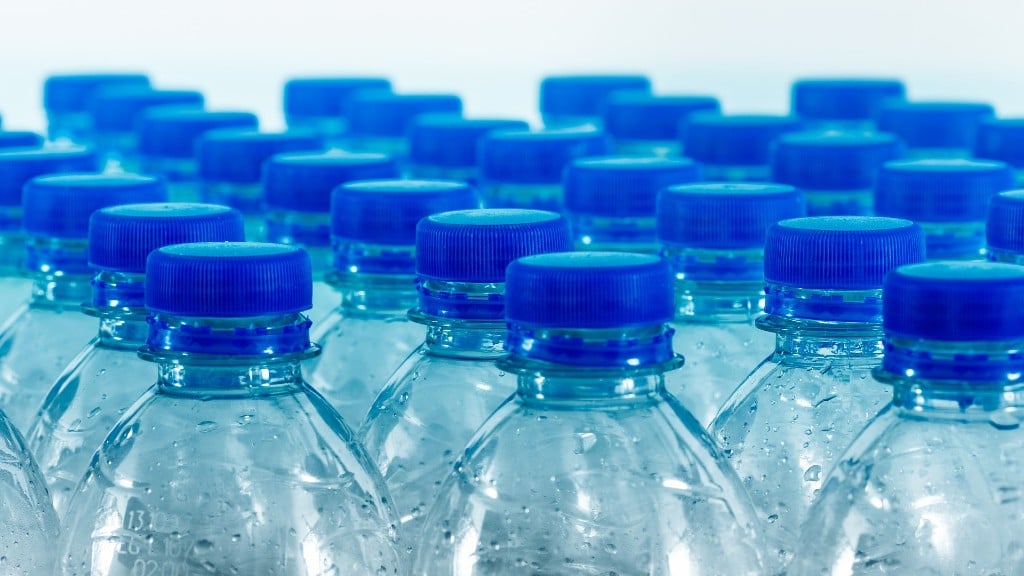U.S. Plastics Pact updates Postconsumer Recycled Content Toolkit
The Toolkit is a critical resource for businesses working to reduce their reliance on virgin plastics

U.S. Plastics Pact has updated its Postconsumer Recycled Content (PCR) Toolkit with more advice for how businesses can reduce virgin plastic usage and adopt sustainable practices. U.S. Plastics Pact urges business and sustainability leaders to use the updated toolkit as a road map for integrating more PCR into packaging processes.
"Corporate commitment to increase the use of PCR is an important step, but it's only the first step," says Jonathan Quinn, CEO of U.S. Plastics Pact. "Cross-functional teams with differing priorities must come together to carry out those commitments. The PCR Toolkit is a practical resource to help diverse stakeholders understand the importance of using PCR and what they need to do to successfully procure and qualify it. With increasing attention on the plastics waste crisis and the resulting legislation, we must act now."
The enhanced Toolkit provides resources for companies to adapt to challenges, reduce their environmental footprint, and foster long-term resilience.
What's new in the PCR Toolkit?
The update emphasizes collaboration among cross-functional stakeholders — such as procurement, R&D, and corporate sustainability — who often have competing priorities like sustainability commitments and cost control. The Toolkit offers guidance on bringing these teams together to procure and qualify PCR, even when their goals initially seem misaligned.
A new section for consumers explains PCR in more straightforward terms to raise awareness and understanding among the broader public.
Data to drive business impact
According to Quinn, incorporating PCR is essential to a circular economy. Using PCR, businesses help build demand, encouraging investment in collection and processing infrastructure. From 2020 to 2022, U.S. Pact Activators increased their PCR usage from seven percent to nine percent, showing progress toward sustainability goals.
PCR can decrease carbon emissions by up to 70 percent, contributing significantly to climate goals. This data from the Association of Plastic Recyclers (APR) highlights the importance of adopting PCR as a business strategy.
"Businesses that are reactive to environmental challenges face increased vulnerabilities. Those that embrace sustainability position themselves as leaders in addressing environmental and business risks. Our updated PCR Toolkit empowers companies to take proactive steps to reduce environmental impact and strengthen both operations and leadership in the market," says Quinn.
The role of the PCR Toolkit
The Toolkit is a critical resource for businesses working to reduce their reliance on virgin plastics and integrate more recycled content into their operations. It offers guidance, case studies, and strategies for addressing environmental challenges and proactively managing risk.
The PCR Toolkit provides:
- Guidance on Circularity: Gives stakeholders with limited understanding of PCR the practical tools they need to complete their responsibilities.
- Support for Business Resilience: Offers strategies to invest in sustainability, reduce environmental impact, and prepare for emerging regulations.
- Regulatory and Compliance Resources: Updated insights on meeting regulatory requirements and avoiding greenwashing while ensuring material quality.
- Consumer Education: New content explains PCR in simpler terms, helping consumers understand its importance.
Upcoming updates
The PCR Toolkit will continue to evolve, with additional resources coming soon, including a guide on certifying PCR, a position paper on financial barriers to expanding PCR usage, and potential market and policy solutions.



